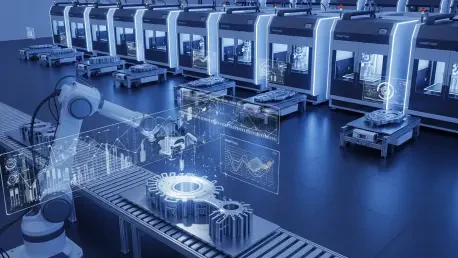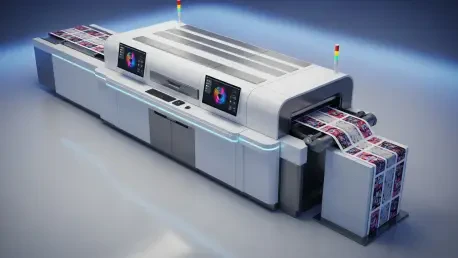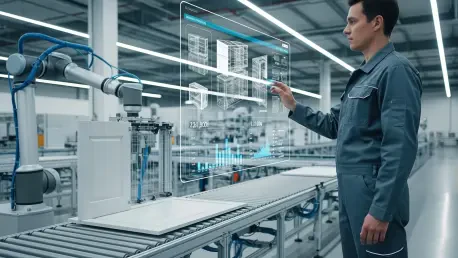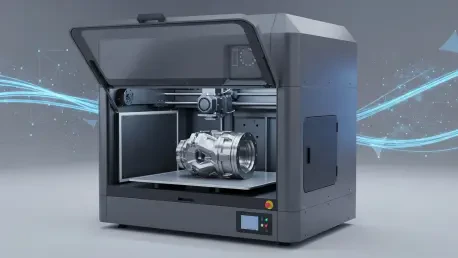
Amid a persistent shortage of skilled labor that challenges the industrial backbone of Germany, agricultural machinery and commercial vehicle manufacturer Krone Group is pioneering a forward-thinking strategy that redefines the relationship between humans and machines on the factory floor. Rather

The thunderous noise of 3D printers and the gleam of new alloys have long captured the industry's imagination, yet the most significant revolution in additive manufacturing is happening silently, within lines of code. As we approach 2026, the trajectory of the entire sector is being redefined not

The commercial printing industry continues to face relentless pressure to deliver higher quality output on tighter deadlines, forcing businesses to find a delicate balance between the robust volume of offset printing and the agile, short-run capabilities of digital technology. Responding to this

A sprawling manufacturing operation that produces over 4.5 million kitchen cabinets annually reached a critical inflection point, as the very systems that once enabled its success became the primary obstacles to future growth. For UK-based supplier Howdens Joinery, the surge in demand and a

The immense complexity of modern defense supply chains has created critical vulnerabilities, where the inability to source a single legacy component can sideline an entire multibillion-dollar weapons system. This reality has spurred a strategic pivot toward advanced manufacturing, with a focus on

The very foundation of modern manufacturing, a blueprint designed for human hands and limitations for over a century, is rapidly becoming an architecture of obsolescence. A fundamental paradigm shift is underway, driven not by the simple integration of new tools but by the arrival of a new